Tariff Uncertainty Drives U.S. Businesses To Cut Costs
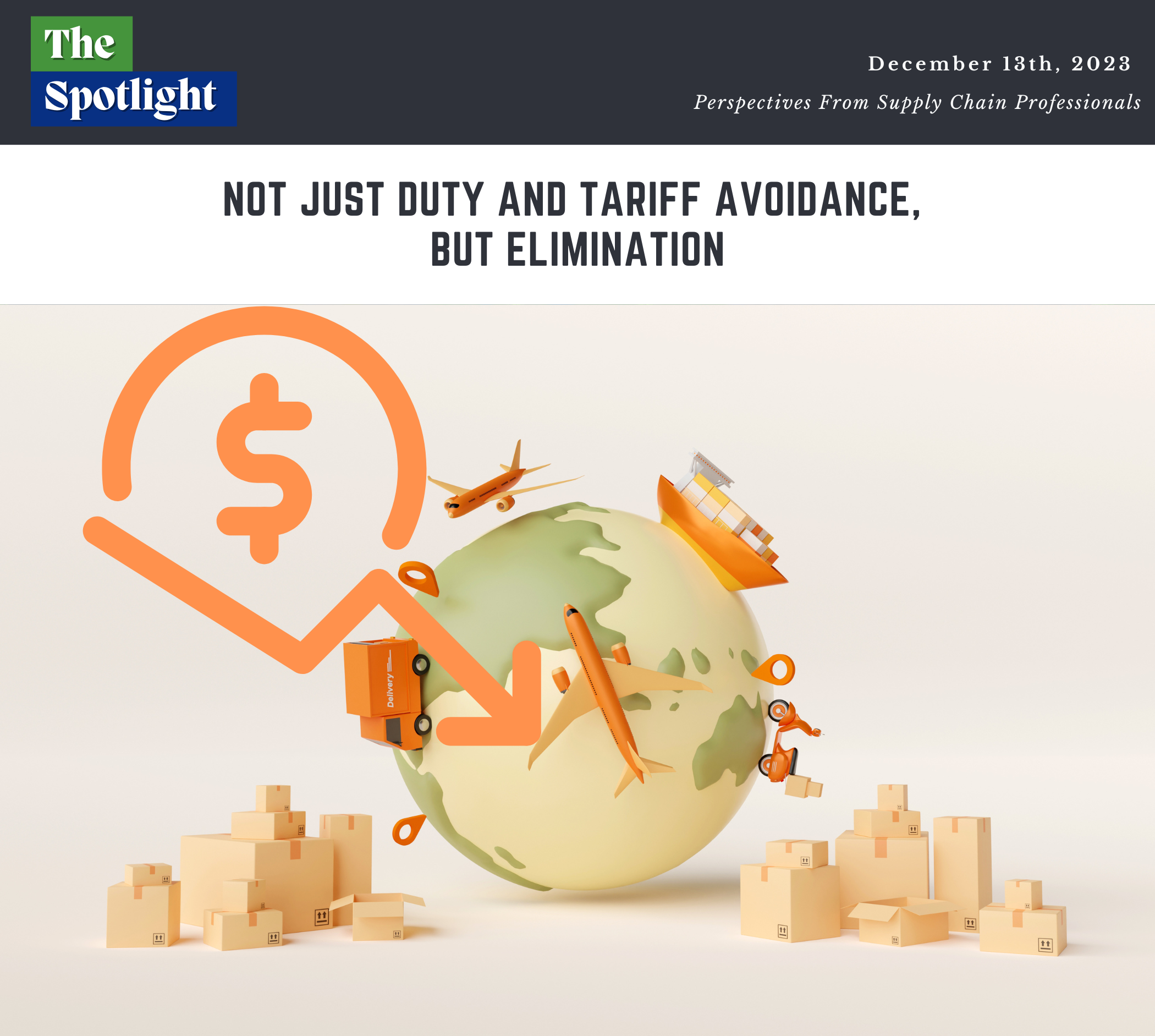
Table of Contents
Supply Chain Disruptions & Restructuring
Tariff uncertainty has forced businesses to fundamentally reassess and restructure their global supply chains. The constant threat of fluctuating tariffs makes long-term planning incredibly difficult, leading to reactive, rather than proactive, strategies. This unpredictability necessitates a more agile and responsive supply chain.
- Increased reliance on domestic suppliers: While potentially more expensive, sourcing domestically offers greater control and predictability, minimizing the impact of fluctuating tariffs. This trend, known as reshoring, is gaining momentum.
- Exploration of alternative sourcing countries: Businesses are actively seeking alternative suppliers in countries with more stable trade relationships and lower tariff risks. This involves nearshoring, opting for suppliers in geographically closer nations.
- Investments in technology: To improve supply chain visibility and efficiency, companies are investing heavily in technologies like blockchain and advanced analytics to better track goods, predict disruptions, and optimize logistics.
- Increased inventory holding costs: The unpredictability of tariffs leads to increased inventory holding, as businesses stockpile goods to mitigate potential supply shortages, resulting in significant warehousing and storage expenses.
Reduced Investment & Capital Expenditures
The looming uncertainty surrounding tariffs significantly dampens business confidence, leading to a reduction in investment and capital expenditure (CAPEX). Businesses hesitate to commit to long-term projects when facing potential tariff-related cost increases that could wipe out projected profits.
- Delayed or canceled capital expenditure projects: Expansion plans, upgrades to machinery, and investments in new technologies are frequently postponed or canceled outright due to the fear of unpredictable tariff impacts.
- Reduced hiring and workforce expansion plans: With reduced investment, businesses are less likely to hire new employees or expand their workforce, impacting job growth and economic expansion.
- Focus on cost-cutting measures: To preserve existing capital and protect profitability, businesses prioritize cost-cutting measures across the board, impacting various aspects of the business.
- Increased pressure on profitability margins: The cumulative effect of tariff uncertainty and cost-cutting measures puts considerable strain on profit margins, making it harder for businesses to compete and grow.
Impact on Employment & Wages
The cost-cutting measures implemented in response to tariff uncertainty have a direct impact on employment and wages. Job losses and wage stagnation are becoming increasingly common in industries heavily affected by tariff changes.
- Layoffs and hiring freezes: Businesses facing increased costs often resort to layoffs and hiring freezes to reduce their operational expenses.
- Reduced wage increases or potential wage cuts: In an effort to remain competitive, companies might freeze or reduce wage increases, impacting employee morale and purchasing power.
- Increased pressure on employee productivity: With fewer employees, existing staff often face increased workloads and pressure to maintain productivity levels.
- Potential shifts in employment: Businesses might shift production or employment to lower-cost regions or countries to offset the impact of tariffs, potentially leading to job losses in the US.
Strategies for Mitigating Tariff Uncertainty
While tariff uncertainty poses significant challenges, businesses can implement strategies to mitigate the risks and reduce costs effectively. Proactive planning and adaptation are crucial for navigating this complex environment.
- Diversification of supply chains: Reducing dependence on single suppliers or countries by diversifying sourcing is a key strategy to minimize disruption.
- Negotiation with suppliers: Businesses can negotiate with suppliers to share the burden of tariff increases, ensuring a more sustainable and collaborative approach.
- Implementing lean manufacturing principles: Adopting lean manufacturing principles can significantly improve efficiency and reduce waste, leading to lower production costs.
- Seeking government assistance and support programs: Businesses can explore government assistance programs designed to help companies cope with the impacts of tariffs.
- Lobbying for policy changes: Engaging in advocacy and lobbying efforts to promote policies that reduce tariff uncertainty is another effective strategy.
Conclusion: Navigating Tariff Uncertainty and Cost-Cutting Strategies
Tariff uncertainty presents significant challenges for U.S. businesses, forcing them to adopt aggressive cost-cutting measures impacting supply chains, investment, and employment. The resulting economic consequences necessitate proactive and adaptable strategies. However, this environment also presents opportunities for innovation, supply chain optimization, and the development of more resilient business models. To learn more about effective strategies for navigating tariff uncertainty and implementing cost-cutting measures, explore resources on tariff mitigation and cost reduction strategies available online or consult with business advisors specializing in international trade. Understanding and adapting to tariff uncertainty is crucial for the long-term success and stability of U.S. businesses.

Featured Posts
-
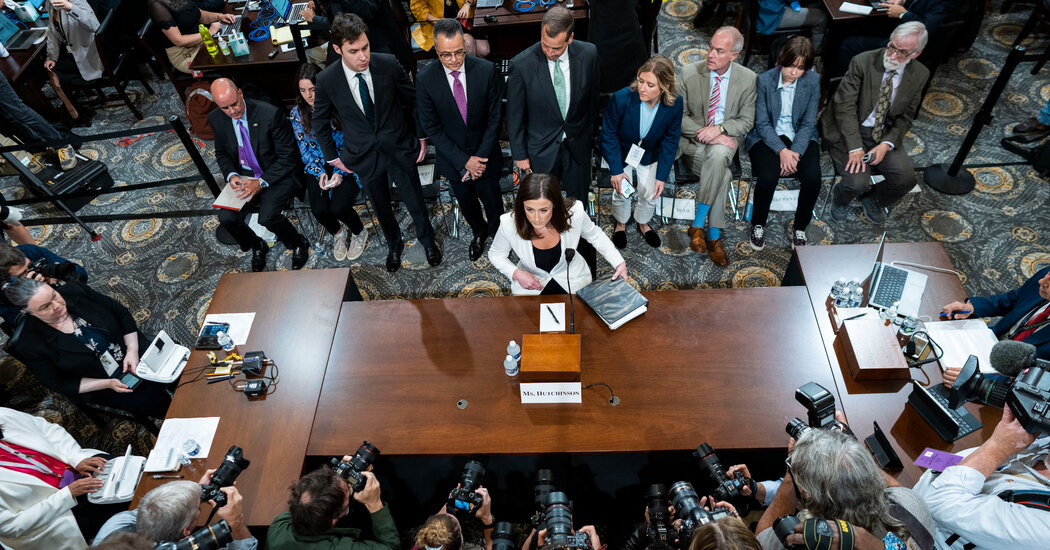 Jan 6th Hearing Witness Cassidy Hutchinson Announces Memoir
Apr 29, 2025
Jan 6th Hearing Witness Cassidy Hutchinson Announces Memoir
Apr 29, 2025 -
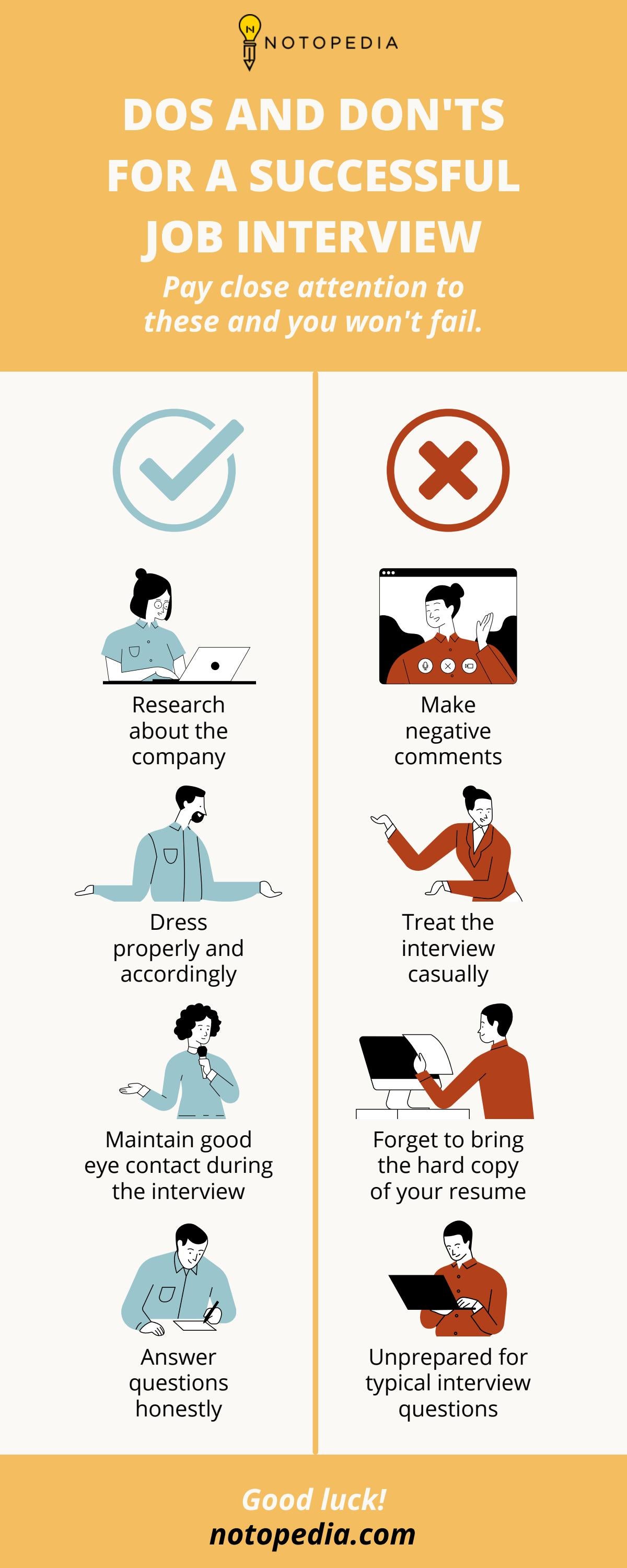 Navigate The Private Credit Boom 5 Dos And Don Ts For Job Seekers
Apr 29, 2025
Navigate The Private Credit Boom 5 Dos And Don Ts For Job Seekers
Apr 29, 2025 -
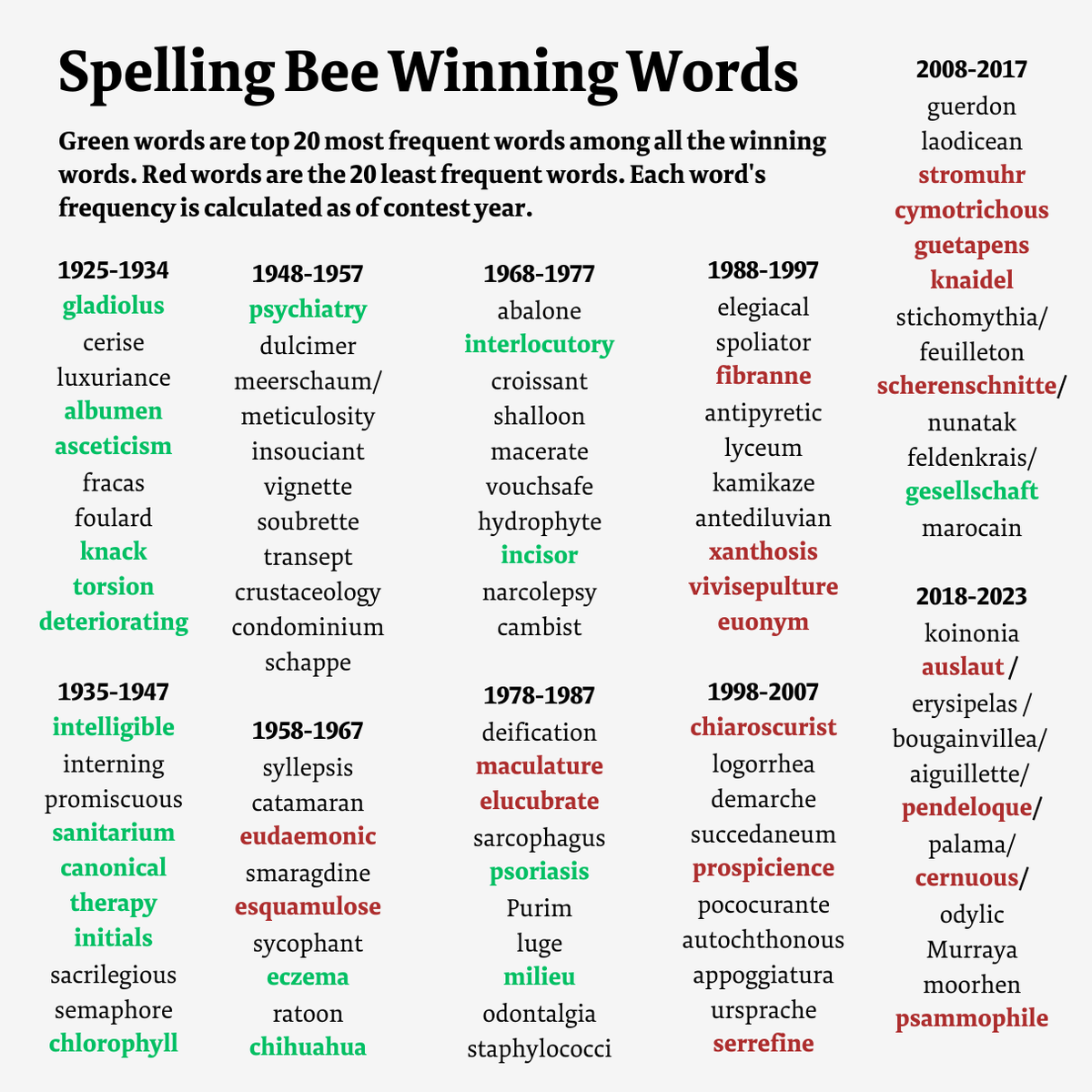 Nyt Spelling Bee March 14 2025 Solutions And Pangram
Apr 29, 2025
Nyt Spelling Bee March 14 2025 Solutions And Pangram
Apr 29, 2025 -
 Get Your Tickets Now Willie Nelsons 4th Of July Picnic Is Back In Texas
Apr 29, 2025
Get Your Tickets Now Willie Nelsons 4th Of July Picnic Is Back In Texas
Apr 29, 2025 -
 Office365 Data Breach Nets Millions For Hacker Fbi Investigation Reveals
Apr 29, 2025
Office365 Data Breach Nets Millions For Hacker Fbi Investigation Reveals
Apr 29, 2025
Latest Posts
-
 Debbie Elliott A Retrospective
May 12, 2025
Debbie Elliott A Retrospective
May 12, 2025 -
 Getting To Know Debbie Elliott
May 12, 2025
Getting To Know Debbie Elliott
May 12, 2025 -
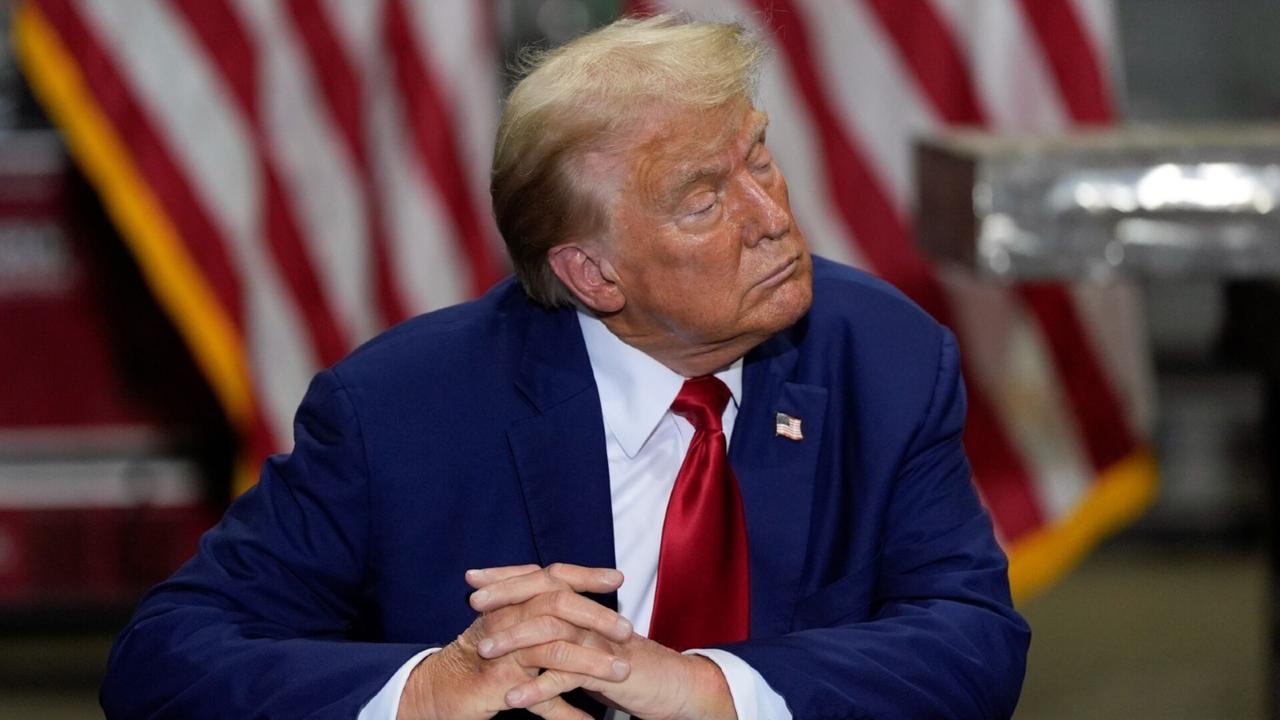 Debate Ignites Fabers Decision On Coa Volunteer Honours
May 12, 2025
Debate Ignites Fabers Decision On Coa Volunteer Honours
May 12, 2025 -
 The Unexpected Duo How Sylvester Stallone And Michael Caine Found Success In Diverse Genres
May 12, 2025
The Unexpected Duo How Sylvester Stallone And Michael Caine Found Success In Diverse Genres
May 12, 2025 -
 The Life And Times Of Debbie Elliott
May 12, 2025
The Life And Times Of Debbie Elliott
May 12, 2025
